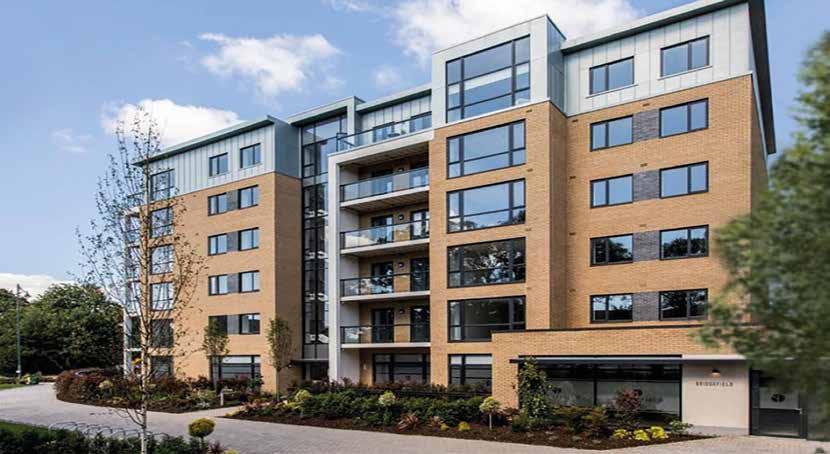OPI NION
A d ju d ic a t io n d e c is io n e n f o r c e d – The courts signal support for adjudication JAMES GOLDEN, Director, Quigg Golden, writes that if contractors are going to survive, they need to get rapid resolutions to disputes and get the money they are entitled to quickly.
O
n 26 January 2021, the high courthanded down its judgement in Gravity Construction Limited v Total Highway Maintenance Limited, enforcing an adjudicator’s decision and awarding the claimant all its costs. The right to adjudicate a payment dispute has been a statutory right in construction contracts since 2016, mandated by the Construction Contracts Act 2013. Adjudication is designed to settle disputes speedily and economically. The process itself (once an adjudicator is appointed) is restricted to 28 days, although it can be extended with the consent of the parties. The process begins when a claimant issues a payment claim that is not paid in the time allowed by the payer. The claimant can then issue a notice on the other party stating its intention to adjudicate. Both the payment notice and the notice to adjudicate have to
48 irishconstructionnews May 2021
comply with the very restrictive requirements of the statutory regime set up under the act. If the parties cannot agree on an adjudicator within the stipulated five days, the adjudicator is appointed by the chairperson of a panel of adjudicators established under the act. The parties have to make their submissions as directed by the adjudicator, and the adjudicator decides the dispute. The loser must obey, or else! It is the “or else” that has become something of a problem. Although a decision of the adjudicator is stipulated by the act to be binding, it is not uncommon to see embittered losers either not complying with decisions promptly or ignoring them completely. In order to enforce the decision, the winner must go to court. However, the process of enforcing a decision through the court has been slow and (so far) uncertain since no one has enforced a deci-

















